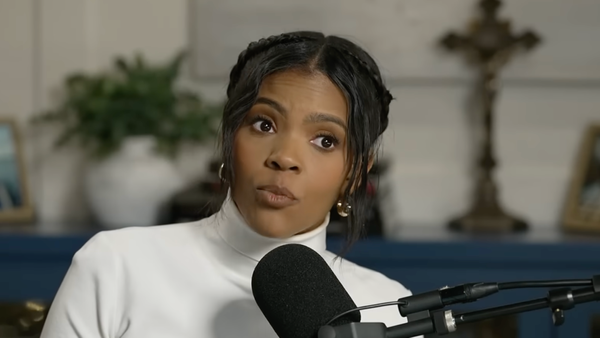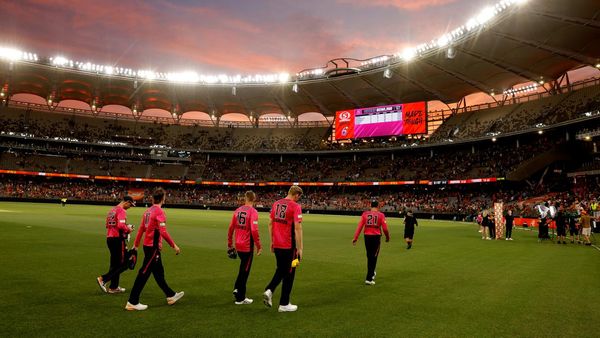
Anthony Albanese is right when he tells Australians there is already a lot of detail out on the proposed referendum to enshrine the Indigenous voice in the constitution.
The problem is that to win a campaign you don’t just have to be right, you have to be persuasive.
The Albanese government intends to go to a referendum in the back half of 2023 asking Australians to vote on the principle of enshrining the voice, with the precise design to follow, determined by parliament.
The opposition has responded with a two-pronged approach: outright hostility, from the Nationals; and a veiled campaign from the Liberal leader, Peter Dutton, demanding more detail or even to see the voice legislated first.
The Indigenous affairs minister, Linda Burney, has set out eight principles agreed by the referendum working group, including that it will provide advice not programs, be representative, and chosen by First Nations people. At the Garma festival, Albanese suggested the draft wording for the change.
Burney and the attorney general, Mark Dreyfus, have promised more information to make the principles behind its design “even clearer”.
But for the moment there is no bill explaining how many members the voice will have (as Dutton has asked) let alone whether it will have an office in Canberra or its members will be paid, as 2GB Radio’s Ben Fordham tried on this week.
Labor recognises that the detail debate is a “damned if you do, damned if you don’t” situation. Answer, and you provide ammunition for those opposed (imagine the tabloid headlines if Albanese had confirmed representatives would be paid); refuse, and be labelled “tricky”, as Dutton did repeatedly this week.
So I’m not quibbling with the decision to dead-bat those and other traps, like whether the government will legislate a voice anyway if the referendum is defeated.
That said, the messaging needs to improve.
In too many interviews and appearances in the past fortnight, Albanese’s instinct has been to recite history, to name-check the report by Tom Calma and Marcia Langton and boast of its 260 pages.
On 11 January, when asked about misinformation in the voice debate, Albanese told reporters in Rockhampton “there is a range of information on the website” and chastised the shadow finance minister, Jane Hume, for not having read the Calma-Langton report.
It’s true that public discourse would improve if every shadow minister, interviewer and voter had read the report.
But put simply: elections and referenda are decided by people who don’t read the website, let alone the 260-page report.
The 2GB interview on Wednesday was a tetchy affair. Albanese told Fordham “you know what is before the parliament” (the broadcaster protested he didn’t, and in fact nothing is except the machinery changes to referendums); and that Fordham knew “full well” that he was misrepresenting Langton and Bill Shorten’s position on legislating the voice first.
Then came an incorrect answer saying the government hadn’t taken advice from the solicitor general, omitted from the official transcript and corrected by Dreyfus the next day. Dutton took the free kick, accusing the prime minister’s office of doctoring the transcript and whitewashing history.
It’s only January, more than six months out from the referendum and long before the average disengaged voter will make their mind up. Perhaps it’s nothing to worry about.
But Albanese should have been better prepared and kept his cool, especially because Dutton threw the first punch of the political year about lack of detail on the voice.
Albanese’s defence is often procedural: the referendum proposal is not his, it’s the people’s.
The referendum working group will next meet in early February, with more detail to be developed.
Labor hopes Indigenous leaders will get more airtime, and eventually the baton will be passed to the yes campaign, meaning the prime minister will not always be front and centre.
On Tuesday Albanese told Sky News the campaign would include business groups, churches and sporting bodies from Tennis Australia, to basketball, the AFL and NRL.
In the meantime Dutton has been happy to make himself the frontman if not for an explicit “no” then at least for sowing doubt.
In numerous appearances Dutton said he speaks for “millions of Australians” who want a better outcome for Indigenous Australians, who just want more detail, but who don’t change the constitution lightly.
There are risks in this for Dutton – that the man who boycotted the apology to the stolen generations, later apologising, may once again play the role of the wrecker.
Some also argue Dutton could have more productively spent the summer trying to soften his image. To “smile more and show a different side” as he said during the leadership tussle with Malcolm Turnbull.
Albanese is still enjoying a honeymoon and the voice was popular last time it was polled. But while Dutton’s campaign may not make him popular, sometimes wreckers get their way.







